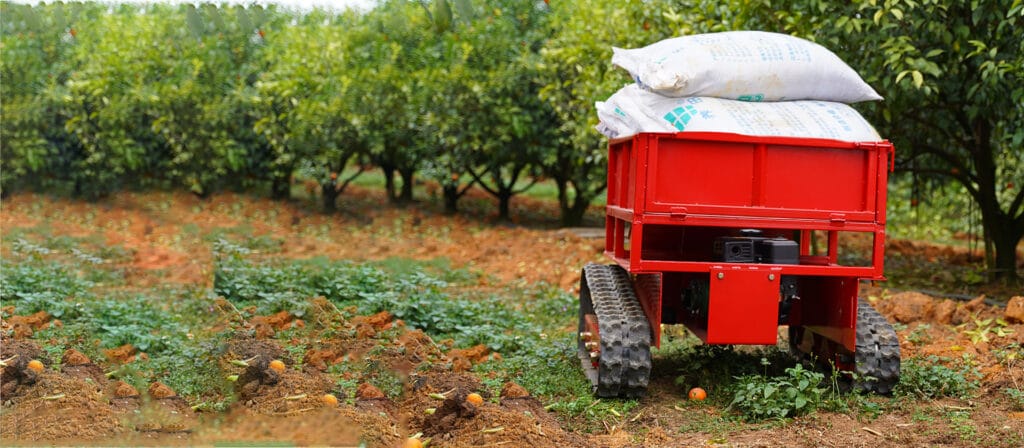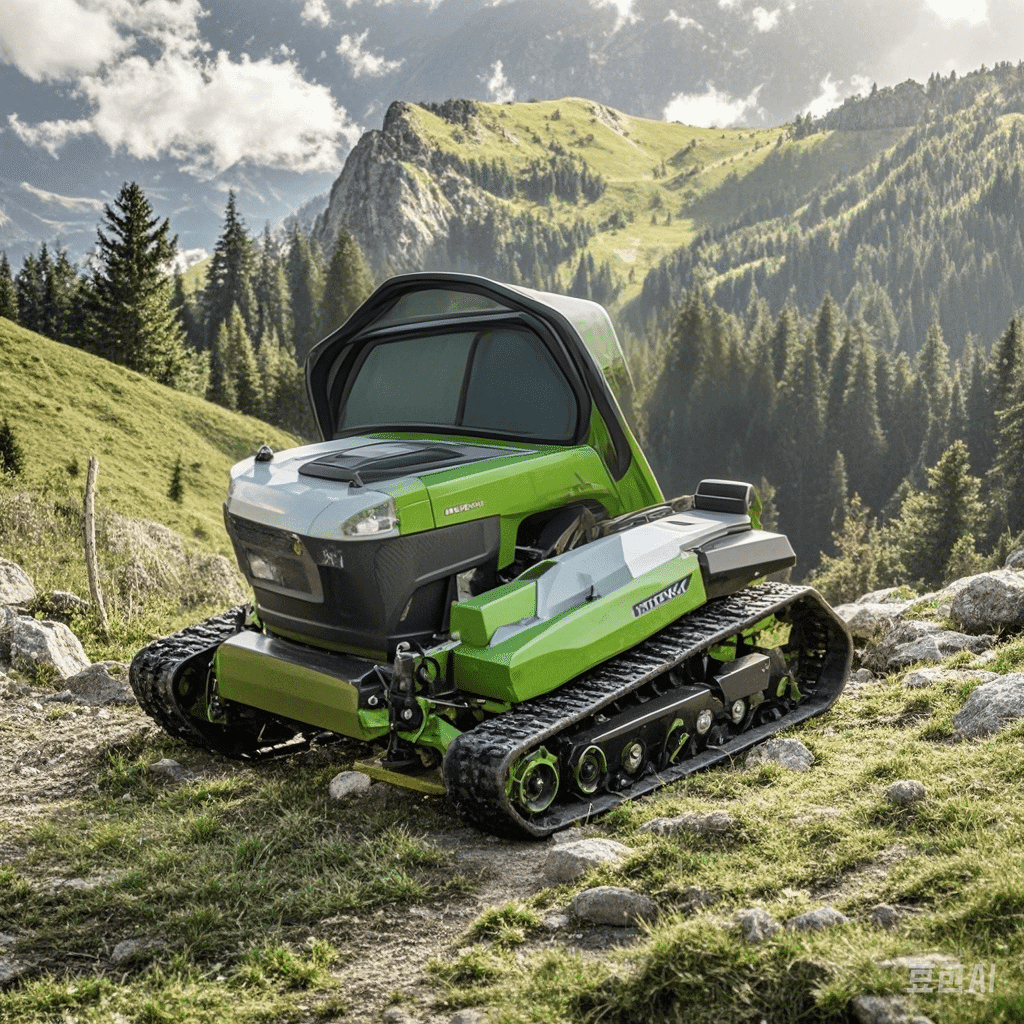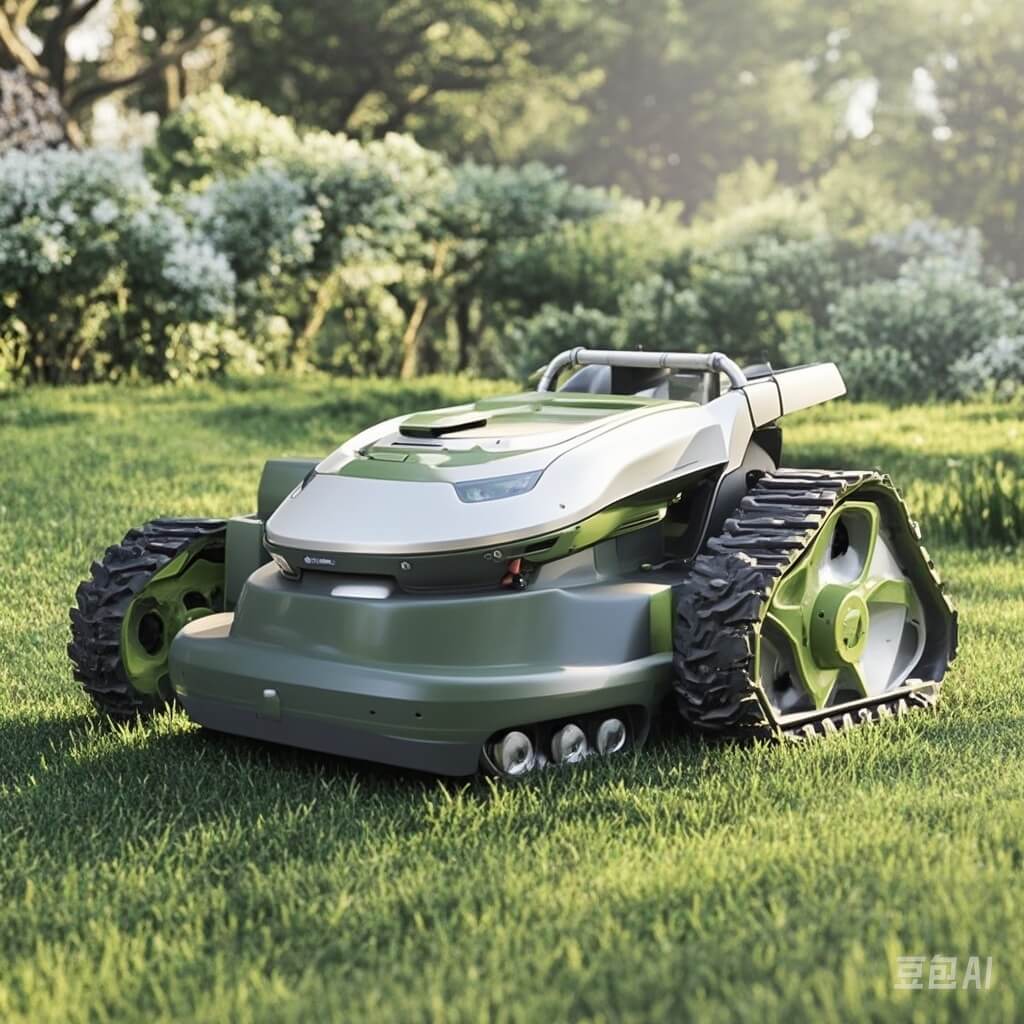No products in the cart.


totatry remote-controlled autonomous trucks play a significant role in helping transport heavy objects and debris in different environments such as farmland, gardens and construction sites. With customizable features including power type (gasoline and diesel), built-in batteries, and personalization options for horsepower, color, and appearance, these trucks redefine efficiency and adaptability in material handling scenarios.
1. Introduction: Remote-controlled automatic trucks have emerged as invaluable tools, offering a groundbreaking solution to the challenges of transporting heavy objects and sundries in diverse settings. From farmland to gardens and construction sites, these trucks leverage advanced technology and customization options to enhance efficiency in material transport.
2. Versatility Across Usage Scenarios: In farmland, these trucks navigate through crops and uneven terrain, streamlining the transportation of harvested goods and equipment. In gardens, their precision ensures delicate material movement without causing harm to plants, facilitating various landscaping tasks. Construction sites benefit from the trucks’ robustness in transporting heavy loads across dynamic and demanding environments.
3. Power Types and Built-in Batteries: Designed for versatility, these trucks offer a choice between gasoline and diesel power, providing users with options to suit their specific needs. The integration of built-in batteries enhances sustainability and ensures continuous operation, reducing environmental impact while maintaining efficiency in material handling.
4. Customizable Features: One of the key strengths of these trucks lies in their customizable features. Users can tailor the trucks to meet specific requirements, adjusting horsepower to accommodate various load capacities. Additionally, personalized choices for color and appearance allow users to align the trucks with branding and aesthetic preferences, making them versatile and adaptable across different sectors.
5. Efficiency in Material Transport: The primary objective of these trucks is to enhance the efficiency of material transport. In farmland, they expedite the movement of harvested crops, optimizing farm operations. In gardens, the trucks delicately transport landscaping materials, ensuring minimal impact on the environment. On construction sites, their robust design handles heavy loads, contributing to streamlined workflows.
6. Precision and Adaptability: The remote control functionality ensures precise navigation through intricate spaces, enhancing adaptability to diverse terrains. Operators can control these trucks with accuracy, ensuring safe and efficient material transport in various environments, further contributing to the versatility of these vehicles.
7. Conclusion: Remote-controlled automatic trucks stand at the forefront of material transport solutions, offering a blend of advanced technology and customization options. With applications in farmland, gardens, and construction sites, their impact on efficiency, precision, and adaptability is undeniable. The ability to customize power types, integrate built-in batteries, and personalize the trucks’ appearance positions them as essential tools in enhancing material handling practices across diverse sectors. The ongoing advancements in this technology promise continued innovation, ensuring these trucks remain pivotal in the evolution of modern material transport.




Not only will we redefine our customers’ business models, but we will also redefine the OEM-dealer relationship, in other words, we will always have your back.